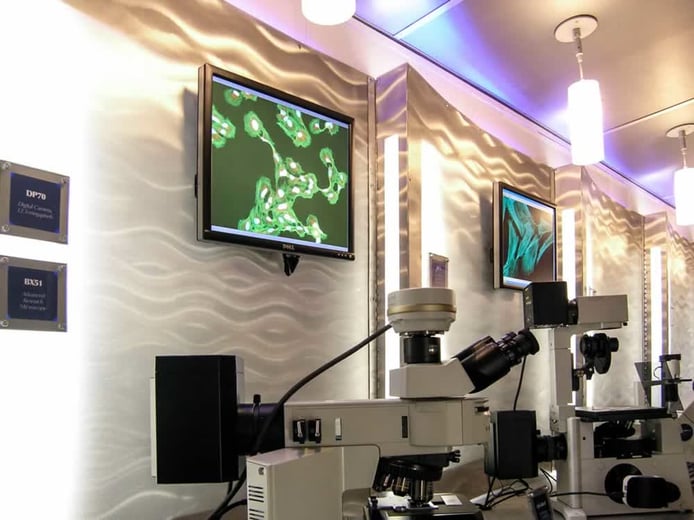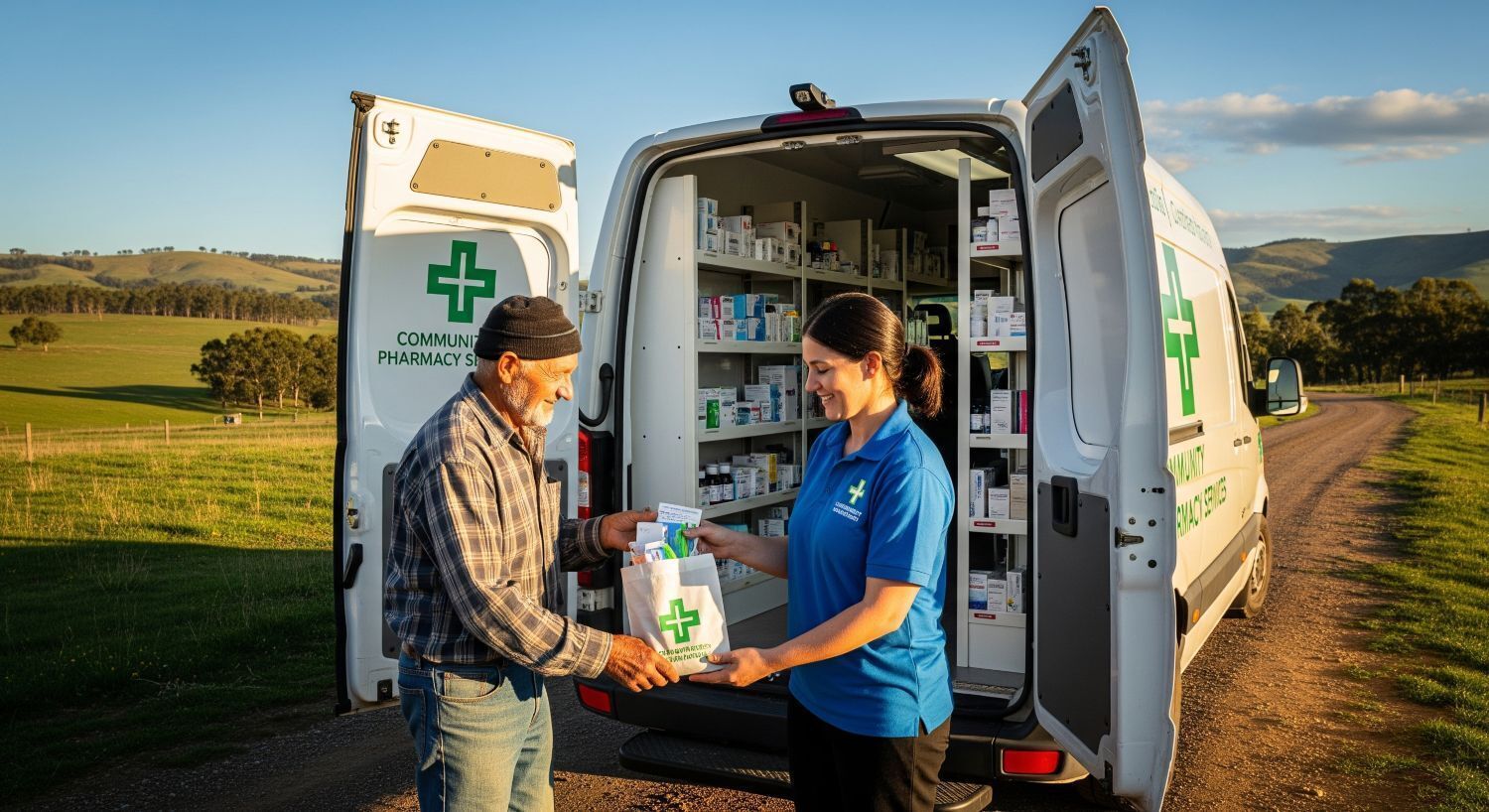Mobile Mammography Units: Boosting Early Breast Cancer Detection
Females are the victims of breast cancer. And this disease is expanding at an alarming rate. In most cases, females remain unaware of the problem,...
3 min read
Craftsmen Industries Oct 20, 2021 5:38:00 AM


Cancer is one of the greatest threats to a long and healthy life. Accounting for over 15% of deaths worldwide. It is the second leading cause of death in the USA. In 2018, the National Cancer Institute (NCI) received 5.94 billion dollars for cancer research. This type of funding abounds, but the cure has yet to be found. Because cancer is more treatable if found in the early stages, it follows that the best way to curb cancer morbidity is by finding cancerous cells before they have time to spread through the body.
Techniques for cancer screening have become more affordable and accurate in the last couple of decades. The greatest barrier in most communities today is access to screening devices and professionals. This barrier is where mobile screening vehicles or units (MSU) come to the rescue.
As well as reaching a larger percentage of the population, cancer screening vehicles increase the frequency of cancer screenings for many people. Annual mammograms are highly recommended and important for middle-aged women. Mobile screening units meet this need by being easily accessible and a physical reminder in neighborhoods.
Unlike hospitals or general practices that treat and educate patients with many health concerns, mobile cancer screening units are specific to one or two types of cancer. Whether it is a breast, cervical, colon or lung cancer screening vehicle, the unit can spread awareness to the community about certain warning signs or prevention practices. On the exterior of mobile screening vehicles, the touch, look, check fundamentals of a basic breast exam or other infographics can be presented, aiding public awareness.
Compared to a building, a mobile medical vehicle is more affordable to get off the drawing board and into the community. Converting a large van is much less expensive than designing and building an entirely new property. MSUs travel and can be parked in public parking lots, greatly reducing land leases and rent costs. Vehicles are also much quicker to design and build-out compared to brick-and-mortar spaces that require permitting and other timely plans.
Cancer doesn’t discriminate, but the chance of developing a tumor does increase with age. Many elderly individuals are also less mobile and struggle to visit the hospital. Traveling to a hospital or general clinic requires a huge effort. The increased chance of cancer combined with increased immobility are common traits among stage three and four cancer patients. When cancer symptoms become obvious, it is often too late. Accessible screening provided by MSUs helps these patients get screened before cancer progresses and becomes untreatable.
Because they are separate from the larger institutions, a cancer screening vehicle can choose to operate at whatever hours will best serve the community. Evening and weekend hours make it easier for working adults to proactively screen for cancer and meet employment demands.
We all know the substantial deterrent a long line can be at airport security, amusement rides, fast-food drive-throughs. It is often the same with emergency rooms, urgent cares or other healthcare centers. Time is precious, many people are busy with work and family responsibilities, making it difficult to venture out and wait for a screening.
In contrast to hospitals, mobile medical trailers are designed to serve one or two neighborhoods at a time. This smaller range means more patients quicker, helping more people choose to be screened.
The cities and suburban areas we live in do not have equal access to healthcare. Mobile Screening units break down affluent area code privilege by distributing healthcare to whatever neighborhood needs the most assistance. A screening unit can help more of these populations access proper healthcare and dodge the devastating effects of widespread cancer.
MSUs make getting screened for cancer less of a whole day expedition. Along with the time and accessibility barriers, mobile screening units surpass this important physiological and social barrier. The thought of cancer often triggers a higher stress reaction for many of us. Because of this added stress, being able to drop into a screening unit on an afternoon stroll is a much easier outing to plan into your day, communicate to your family or follow through with yourself.
Mobile cancer screening units increase the number of people screened for cancer in the community. Because it is open, accessible and affordable, they are a vital link in a healthcare system’s battle against cancer. The greater number of people screened for cancer, the earlier doctors detect malignant cells, the greater chance of nipping tumors in the bud before they are out of control. Mobile screening units overcome the barriers to cancer screening in aging, underserved and at-risk populations across the country.
.jpg)
Females are the victims of breast cancer. And this disease is expanding at an alarming rate. In most cases, females remain unaware of the problem,...
.jpg)
Mobile mammography units provide an essential service in improving breast cancer screening access for underserved communities. These specialized...

Picture a pharmacy that doesn't wait behind four walls but travels where it's needed most. For many underserved communities, access to essential...